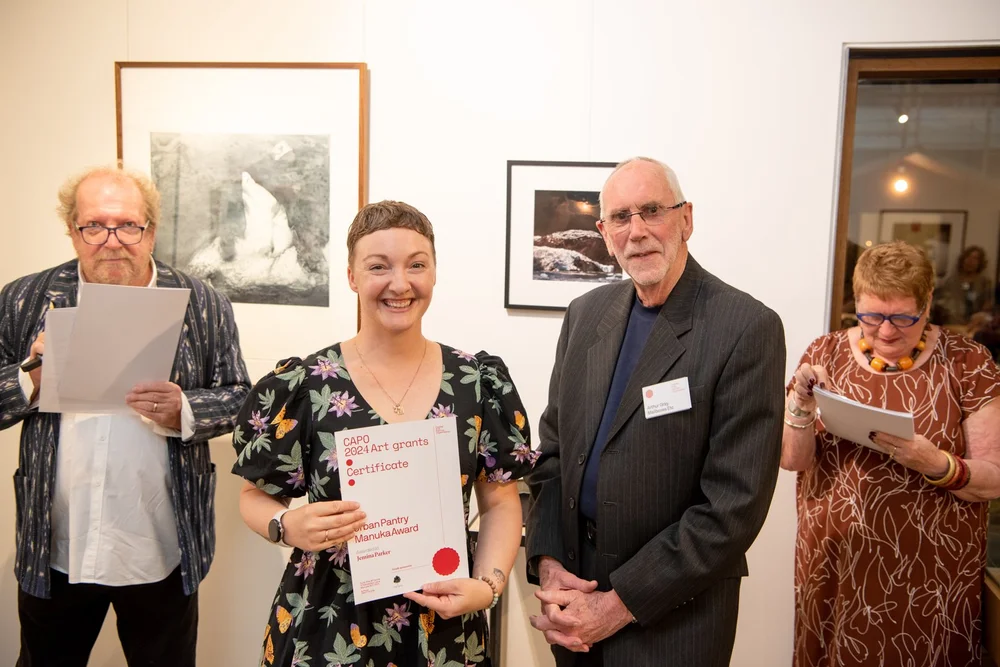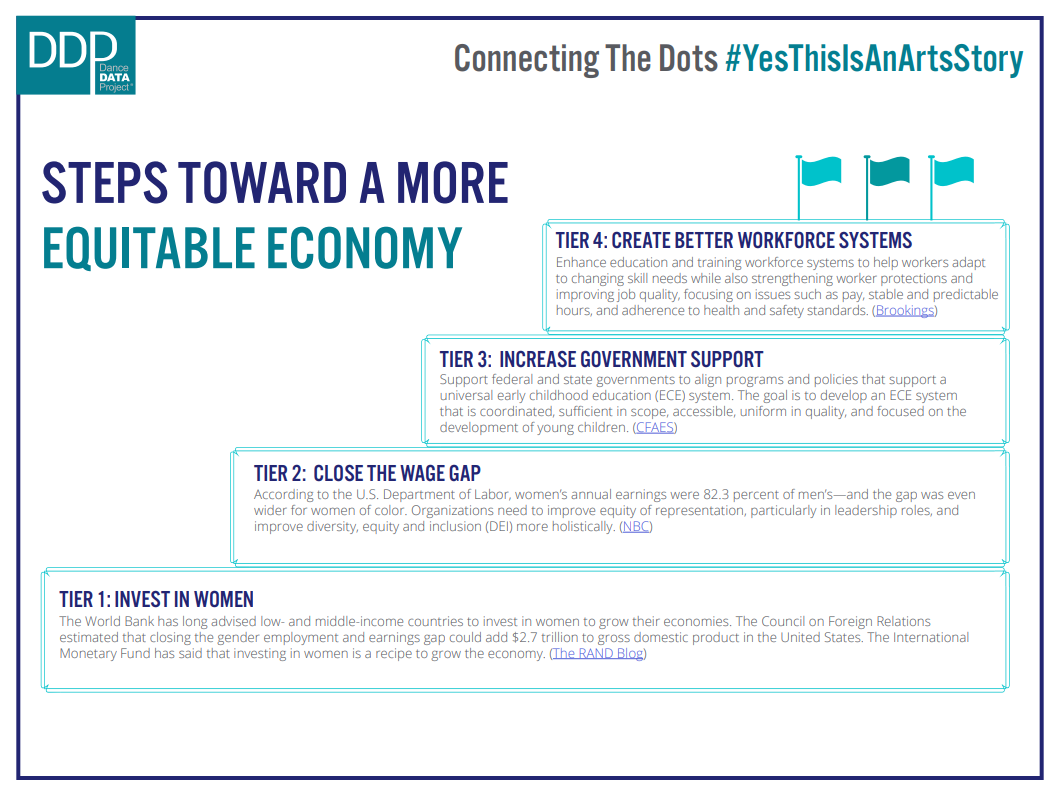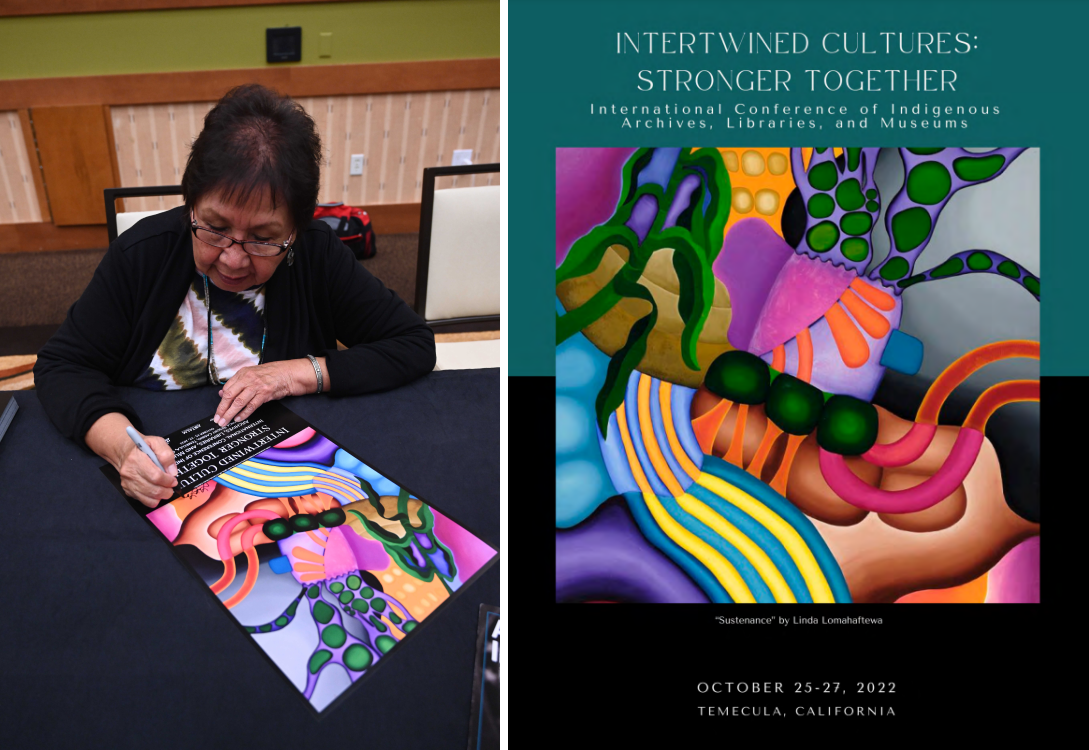The people of Oxford, Mississippi, know that what they have is special. There’s Ole Miss of course, which, like all universities, defines much of the character of the town. It certainly defines the aesthetic of the town: its classic,...
The people of Oxford, Mississippi, know that what they have is special. There’s Ole Miss of course, which, like all universities, defines much of the character of the town. It certainly defines the aesthetic of the town: its classic, red-brick architecture and well-manicured greenery (found most famously in “The Grove”) set an aesthetic precedent that is all but matched in the vibrant town square a short walk from campus. You’ll find one of the country’s most well-known independent bookstores, Square Books, on the square. You’ll find a number of adorable boutique shops selling handmade and artisan goods, and City Grocery, which boasts a James Beard Award-winning chef. There are a number of James Beard Award-winners in Oxford, actually, and quite a few more nominees. William Faulkner is from Oxford—his home-museum stands as a beacon for the depth of artistic talent that is made, and continues to be made, in Oxford. People often come for the university but find they stay for the town, the community, the culture, in all its various forms.
But, as in every community, Oxford is still feeling the persistent effects of outdated values and ideals. Only a few years ago, the business community in Oxford skewed heavily toward traditional notions of economic growth and profitability, which inevitably bred a bias toward large manufacturing businesses, insurance, finance, and healthcare. A smaller-scale entrepreneur community, particularly more creative and artistic entrepreneurs, was not cultivated to the degree it should have been. This community didn’t attract attention because it wasn’t necessarily seen as vital to the health of the local economy. This isn’t to say that people didn’t value the arts economy—if asked, most people, not just those in Oxford, would probably say that arts and culture are important, even vital, to the human experience. The problem is that this importance is difficult to define for many people, which inevitably tends to leave arts and culture out of conversations about local economic priorities and progress. Art and creativity is too often seen as something that will always exist regardless of the conditions, and doesn’t receive necessary cultivation and support.

2022 Community Supported Arts (CSA) Launch Poster, design by Caitlin Hopper.
In 2015, Oxford’s local arts agency, the Yoknapatawpha Arts Council (YAC), recognized this was an issue for the community. They saw that a major part of the local economy—the arts sector—was not being taken seriously as an economic driver. The numbers, they found, were on their side, demonstrating that the arts made up more than a negligible portion of the local economy. Americans for the Arts’ Arts & Economic Prosperity 5 (AEP5) study reported that industry expenditures in Lafayette County by arts and cultural organizations and their audiences totaled nearly $11 million during FY 2015. Oxford is the county seat in Lafayette County and by far the largest town.
The YAC began strategizing with the Oxford-Lafayette County Chamber of Commerce (OLCCC) on how they could best capitalize on the arts ecosystem in town, which was finding a way to survive even without the necessary value placed on it. Together they began looking for ways to integrate the separate arts and business communities such that their complementary skill-sets and capacities could meet their mutual goals and needs. YAC and OLCCC soon formed the Arts Incubator program with the goal to match the needs of local creative entrepreneurs with the resources and services of the local business community. The Arts Incubator includes a number of varying programs and services: networking events (through the Big Bad Business series), peer learning opportunities (as in the Community Supported Arts program), and numerous business workshops. The Arts Incubator also offers free Wi-Fi, printing services, computers, and office support in their Resource Center. Through this partnership, the YAC and the OLCCC have found effective ways to bring their individual resources and services together, and to grow the arts and business communities into a vibrant, inclusive whole.

Big Bad Business Workshop with Erin Abbott Kirkpatrick, courtesy of Oxford Arts Council.
The Arts Incubator has offered valuable support to many artists and entrepreneurs over its seven years. Through the Arts Incubator, local painter Catherine Smith turned her artistic practice into her full-time job. Her artwork, printed on tea towels, wine bags, and other home goods, can now be found in over 300 stores across 42 states. Andi Bedsworth has been able to grow her fiber arts business and summer art camps into well-established fixtures of the Oxford arts ecosystem. CJ Cook, a graduate of Oxford High School, used the services and resources of the Arts Incubator to expand his customized clothing business, KasinoKustomz, nationally.
The Arts Incubator is meeting Oxford artists and entrepreneurs where they are, offering resources and services meant to be utilized differently based on individuals' differing needs. And that's really what it takes to build partnerships like this: recognizing the many needs of your community. Once these needs are clear, look for organizations and individuals in your community that have the services available to meet them. Get a conversation started. Talk about your needs. Talk about your goals. You'll find you have much in common with others in your community. In the case of YAC and OLCCC, they realized that they were working toward the same goal: increasing the quality of place in Oxford by maximizing the cultural and economic assets already there. In your experience, once you find these mutual goals, you and your partners may take separate routes towards them, focusing on meeting the different needs and opportunities most suited to your individual skills and services. Be sure that your work is always complementary to that of your partners, supportive of their expertise, and inclusive of other perspectives and skill sets. Be sure that you are always moving as equals.
You can read the full story of the Arts Incubator partnership in part 3 of Americans for the Arts’ toolkit How to Partner with Your Local Chamber of Commerce, which will be available at the end of 2022. The full toolkit is available to download for free on ArtsU.












